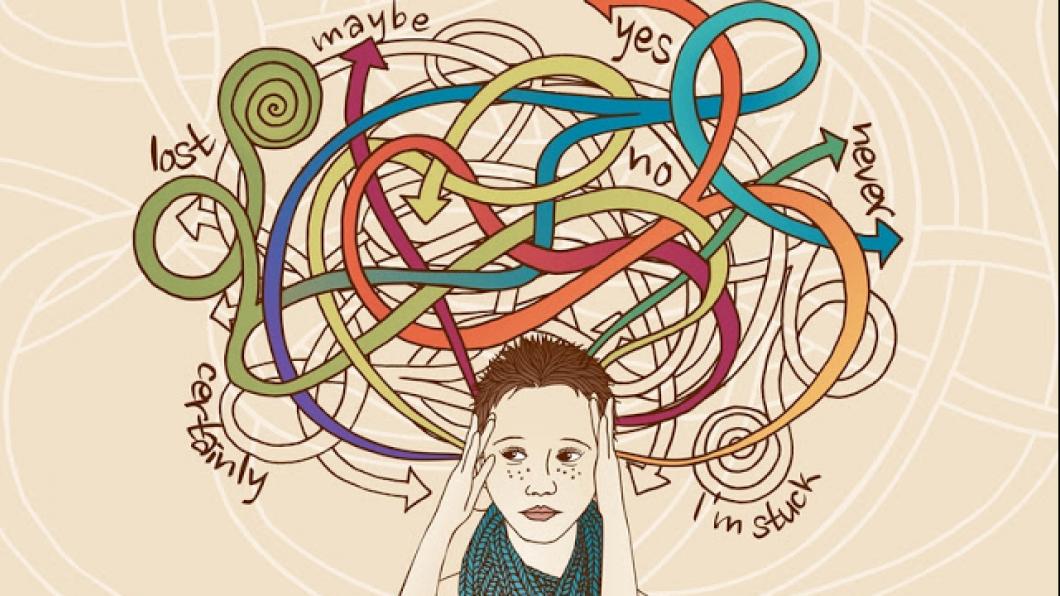
How does disability enter into care decisions about preemies?
By Louise Kinross
Last week I read this post called One Size Does Not Fit All about “shared decision-making” between parents and medical staff in a neonatal intensive care unit. It’s written by a Winnipeg neonatologist. Kate Robson, who is the parent coordinator in the NICU at Sunnybrook, posted a link to the piece on Facebook.
In looking at challenges to agreeing on whether intervention should be offered to a small preemie, the doctor gives an example of a woman who is in advanced labour at the hospital at 24 weeks. At 24 weeks parents are given the option of resuscitation or no resuscitation.
The doctor notes that he has about 15 to 30 minutes to share information and a pamphlet.
“…we do our best but don’t for a minute think that shared-decision making has occurred.” he says. “I don’t believe this is possible unless the family has prior experience with a preterm birth or perhaps is a health-care provider working with newborns or children with disabilities themselves.”
I posted a comment saying that he makes a good point that parents with no intimate experience with disability will have a hard time predicting what the experience will be like if their child is diagnosed with disabilities. But so will health providers who've had little exposure, over time, to families raising kids with disabilities.
“In the same way that a parent who’s had no firsthand/intimate/long-term experience with disability can’t accurately predict what that experience will be like, neither can a health provider who lacks that kind of exposure,” I wrote.
Annie Janvier, a neonatologist at the CHU Saint-Justine Children’s Hospital in Montreal, responded to my comment on Kate Robson’s Facebook page).
“…and providers only see children and families when they are not at their best (sick, in hospital, ER...),” Annie writes. “They do not see them during their family life, at school or birthday parties. In the literature, you will find we, physicians, are very pessimistic when it comes to disability.
“When I hear another physician/nurse/provider tell me ‘parents have no clue what disability is’ I often tell them ‘I don't think you do either.’ We have to teach families about adaptation, resilience, coping. While other areas of medicine (cancer, amputees, spinal cord accidents, colostomies) have examined that, we haven't. Parents want to know about happiness, functionality, family life, friends and relationships, love, regrets, etc., not a list of diagnoses.”
Thoughts?
Katharina Staub, outgoing executive director of the Canadian Premature Babies Foundation, posted this comment.
“Having given birth to preterm twins at 27 weeks of gestation has been a life-changing experience for me. I remember the prenatal consultation very well, even seven years later. It was full of statistics, negative outcomes and I was alone late in the evening. I was 25 weeks—the consult left me bewildered, fearful and stressed. It was actually not a discussion, I was given information.
“‘Partnering With Parents, One Size Does Not Fit All.’ I do agree with this title. Each family is different, comes from a different place, has different values and expectations when they end up in a delivery room unexpectedly at 23 or 24 weeks gestation.
“I think what needs to be looked at is what shared decision-making means. What does it mean to provide ‘pertinent information’ to families? Is it giving a lot of statistics? How do health-care professionals decide what information is to ‘be delivered’ ?
“I believe that in a shared-decision model, there is a discussion about this baby—the family’s hopes and dreams. This does not have to be a two-hour discussion, but knowing about the family, their hopes and dreams, will help in guiding the ensuing discussion. Do we need to discuss all potential outcomes at this time? I don’t think so.
“A number of parents and I have written an article on this topic in June, 2014 in Acta Paediatrica: Our child is not just a gestational age: A first-hand account of what parents want and need to know before premature birth. The recommendations we make to health-care providers are as true today as they were then.”